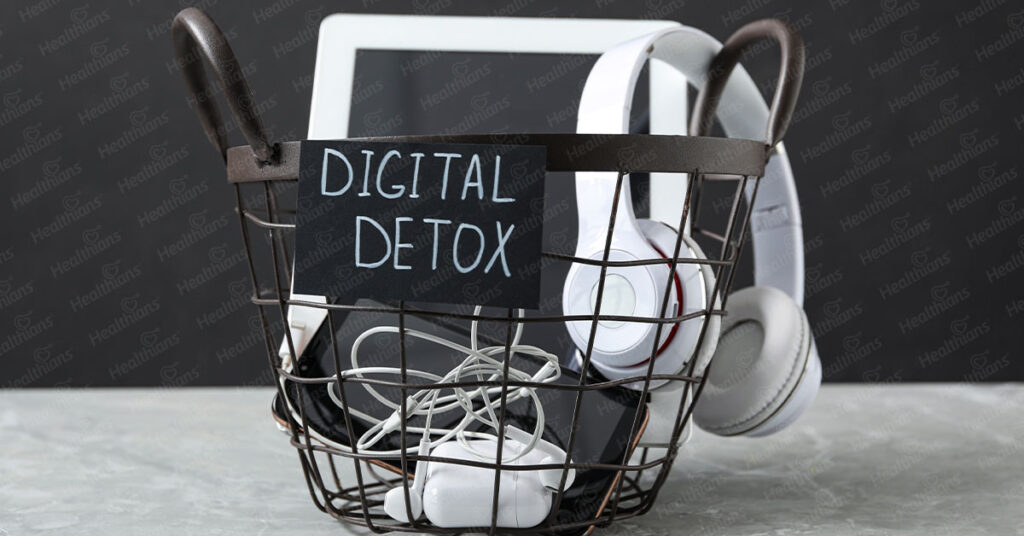Technology has become an integral component of our daily lives all over the world. It’s difficult to picture a world without cell phones, tablets, and laptops. Children are growing up in an age where technology is pervasive, and they are exposed to electronic devices from an early age. While technology has numerous advantages, experts caution that excessive use of technology among children and teenagers can have a harmful impact on a child’s physical and mental health.
Hazards of heavy electronics
A recent study confirms that excessive use of electronic devices can lead to a variety of physical health problems, including poor posture, eye strain, migraines, and obesity. Sitting in front of a screen for long periods of time can also contribute to poor sleep quality and alter circadian rhythms, all of which can have an impact on a child’s general health.
Furthermore, excessive screen usage might be detrimental to a child’s mental health. It can cause more stress, worry, and sadness. According to research, excessive usage of social media can lead to low self-esteem, loneliness, and isolation.
As a result, it’s critical to develop appropriate screen-time habits. Limiting your child’s exposure to electronic gadgets can improve their physical and mental well-being.
By removing your child from electronic devices, you can encourage them to participate in activities that foster their creativity, imagination, and social skills. It can also help kids create healthy technological habits that they can carry with them into adulthood.
Continue reading for some helpful tips on how to assist your youngster in detoxing from excessive electronic usage.
Tips to help detox your child from electronics
Here are some tips that can help you detox your child from electronics
Establish clear boundaries and expectations
Establish and explain clear guidelines about screen usage to your child. Maintain consistency in implementing the regulations and explain why.
Encourage other activities
Encourage your child to participate in other activities such as reading, playing outside, arts and crafts, or board games.
Offer alternatives
Keep a selection of non-electronic toys, puzzles, and games in hand for your youngster to play with.
Restrict access
Try to limit your child’s access to technology and keep them out of their bedroom. Encourage kids to use electronic gadgets in communal areas like the living room or kitchen.
Serve as a role model
Set a good example by limiting your own screen time and doing other things.
Plan your activities
Plan exciting non-electronic adventures and activities, such as going to the park, playing sports, or visiting a museum.
Have patience
Be gentle with your youngster while they adjust to a new routine. It can take some time for kids to adjust to spending less time with technology.
Begin small
If your youngster is used to spending many hours every day on electronic devices, abruptly reducing their usage can be difficult. Instead, begin by progressively lowering their time spent on gadgets. Begin with little increments, such as 15, and work your way up.
Make it a family effort
Detoxing from gadgets can benefit the entire family, not just your child. Make it a family effort by establishing ground rules and locating alternative activities that everyone can enjoy together.
Go outside
Spending time in nature can benefit a child’s physical and emotional health. Encourage your child to spend time outside, whether walking, riding a bike, or playing at the park.
Create a schedule
Create a timetable that includes periods for homework, screen time, and other activities. A schedule can assist your youngster in adjusting to new habits and making the transition simpler.
Reward positive behavior
Reward your child with positive reinforcement when they follow the rules and engage in alternative activities. This can be as simple as verbal recognition, a sticker, or a special outing.
Be consistent
When detoxing from gadgets, consistency is essential. Make no exceptions to the rules and penalties you’ve created. This will assist your youngster in understanding the significance of the rules and taking them seriously.
Final Thoughts
Keep in mind that detoxing from devices does not imply fully removing technology from your child’s life. It’s about striking a balance that fosters good habits while also encouraging alternate activities that can boost their physical and emotional well-being. You can help your child develop appropriate screen-time habits by being patient, consistent, and imaginative.
Remember that detoxing from gadgets does not have to be all or nothing. The idea should be to strike a balance that works for your family while still encouraging healthy habits.


